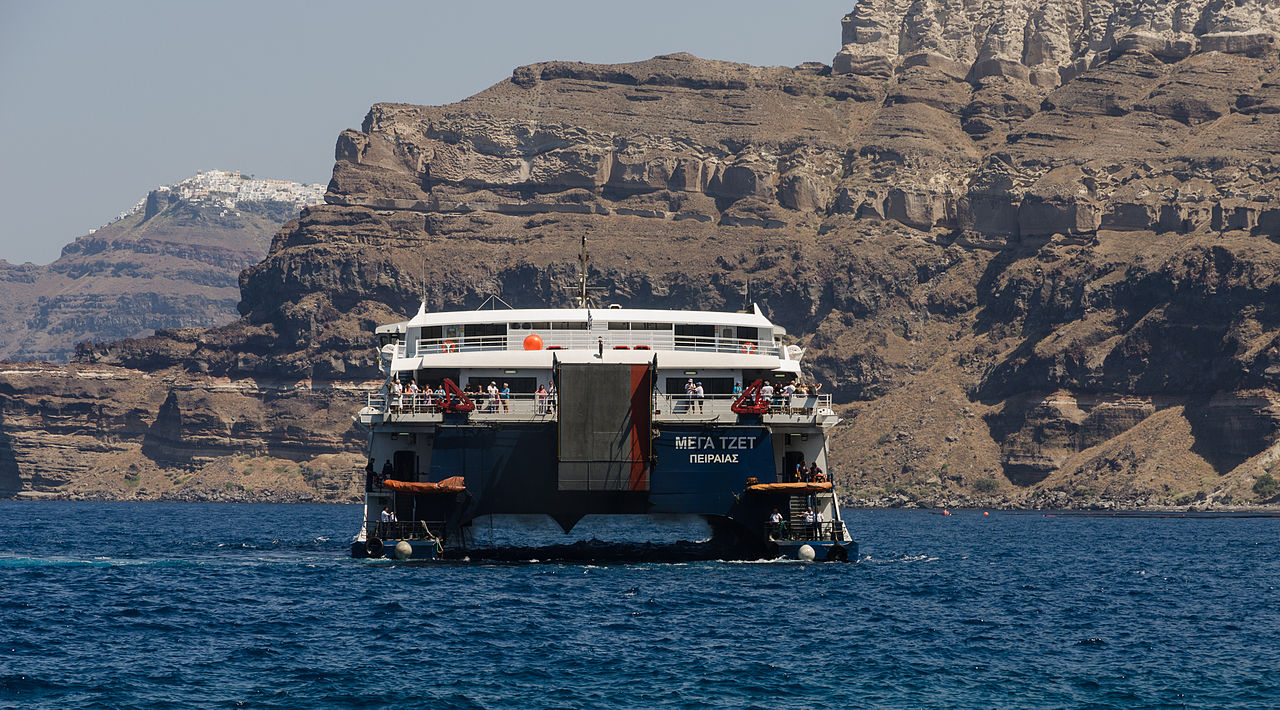Greece has temporarily shut down the Acropolis in Athens as the country grapples with blistering heat and escalating wildfire risks across several regions.
The iconic ancient site closed its gates between 13:00 and 17:00 local time on Tuesday to protect visitors and staff from the searing temperatures, which are expected to reach 42°C (107°F) in parts of the country. In Athens itself, temperatures of 38°C prompted officials to act.
This is not the first time heat has shut down the historic monument. Similar closures happened in June and July of last year, underscoring a growing trend in heat-related tourism disruptions.
According to the culture ministry, the decision was made for the “safety of workers and visitors.” The Acropolis draws tens of thousands of people each day and had welcomed 4.5 million visitors already in 2024.
Work Stoppages and Fire Alerts
Beyond tourist measures, Greece’s labour ministry has ordered a mandatory work stoppage for outdoor manual laborers between 12:00 and 17:00 on Tuesday in areas facing the most extreme heat.
At the same time, Greece’s fire service reported 41 wildfires on Monday, with seven still burning as of Monday evening. A Category 4 wildfire warning — indicating very high risk — was issued for five regions, including Attica, the Peloponnese, central Greece, Thessaly, and western Greece.
The heatwave is expected to peak on Wednesday, with continued highs of 40–42°C in the south, before easing slightly on Thursday.
Europe Burning: Wildfires in Spain and France
Elsewhere in Europe, the heat-fueled crisis is spreading:
In Catalonia, Spain, over 18,000 residents were ordered to shelter at home as a wildfire swept through nearly 3,000 hectares (7,400 acres) of forest and farmland. Spain’s emergency military unit has joined over 300 firefighters in battling the flames.
In southern France, over 1,000 firefighters were deployed to contain a wildfire near Narbonne, prompting evacuations and the closure of a major motorway linking France and Spain.
Climate Context
These extreme conditions come just weeks after southern Europe endured a record-breaking June heatwave. According to the UN’s Intergovernmental Panel on Climate Change (IPCC), such heatwaves are becoming more frequent and intense due to human-driven climate change.
With wildfires, evacuations, and cultural landmarks closing, Europe’s summer is increasingly shaped by a warming planet — and the challenges it brings.










